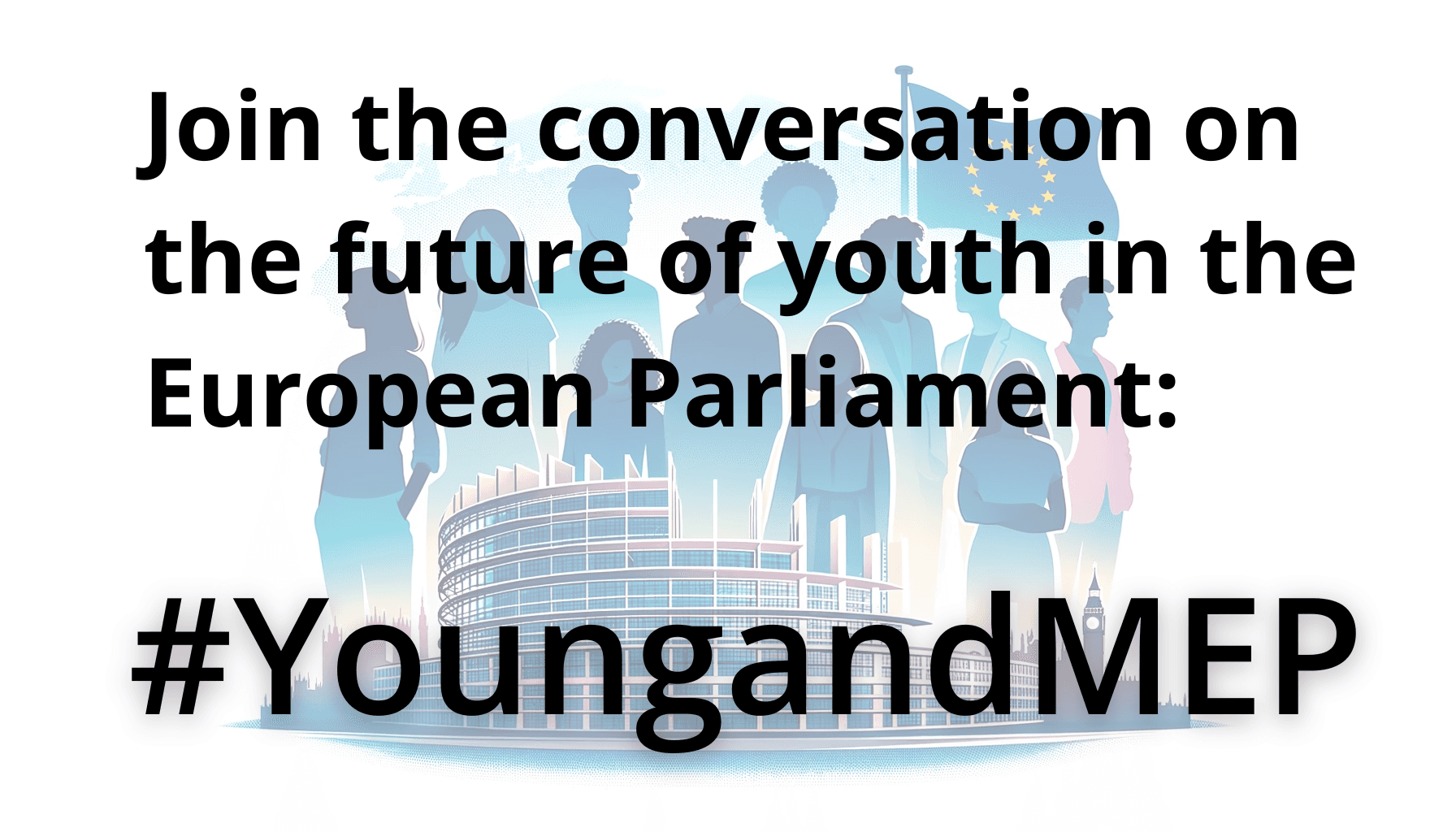Looking back at the last legislative term, what were the most significant achievements or challenges you faced as a young member of the European Parliament?
The main achievement was negotiating, putting in place, and successfully activating the rule-of-law mechanism. It is a historic milestone for safeguarding democratic principles in the EU.
A challenge as a young and newly-elected MEP was the pandemic and the consequent reduction of in-person meetings. Many MEPs stayed at home and negotiations had to be conducted without the possibility of building up personal connections or conducting in-person side talks.
How do you think your age and generational perspective have influenced your work and decision-making in the European Parliament? Can you provide examples of issues where your perspective differed from older colleagues?
For my generation, the EU is not a ‘project’, it is a fact and reality, such as the existence of nation-states. Therefore, I looked at all files from a political perspective and not a national perspective, unlike many older colleagues.
We need to strengthen our debating culture and make the parliament an even more modern working place.
Have you encountered any obstacles or biases in the European Parliament based on your age?
I encountered no obstacles. The parliament is an open-minded and modern work environment with a lot of young people.
What are your expectations and priorities for the upcoming legislative term in the European Parliament? Are there specific issues or policies that you believe require urgent attention, especially from a youth perspective?
We will need to boost the economy and reduce inflation and debt if we want young people to continue to believe in Europe. The next term has to be about reducing red tape and strengthening the economic competitiveness of the EU.
In light of recent youth-led movements and activism across Europe, such as climate strikes and social justice movements, how do you see the role of young MEPs in amplifying these concerns and translating them into policy actions at the European level?
Young MEPs may be more used to using social media in order to build public awareness and public pressure for certain issues. In order to get those issues adopted in parliament, however, all MEPs, regardless of age, must build broad coalitions. My main job in the past years has therefore been the building of lasting coalitions for defending civil liberties and the rule of law among all age and political groups.
How do you see the overall representation of young people in the European Parliament? What reforms or changes would you advocate for to enhance the representation and voice of young MEPs in the future?
Young people are well represented in the European Parliament. We have a group of young MEPs working together on reforms of the parliament. We need to strengthen our debating culture and make the parliament an even more modern working place.
The most important files Körner worked on for the last legislative term 2019-2023:


